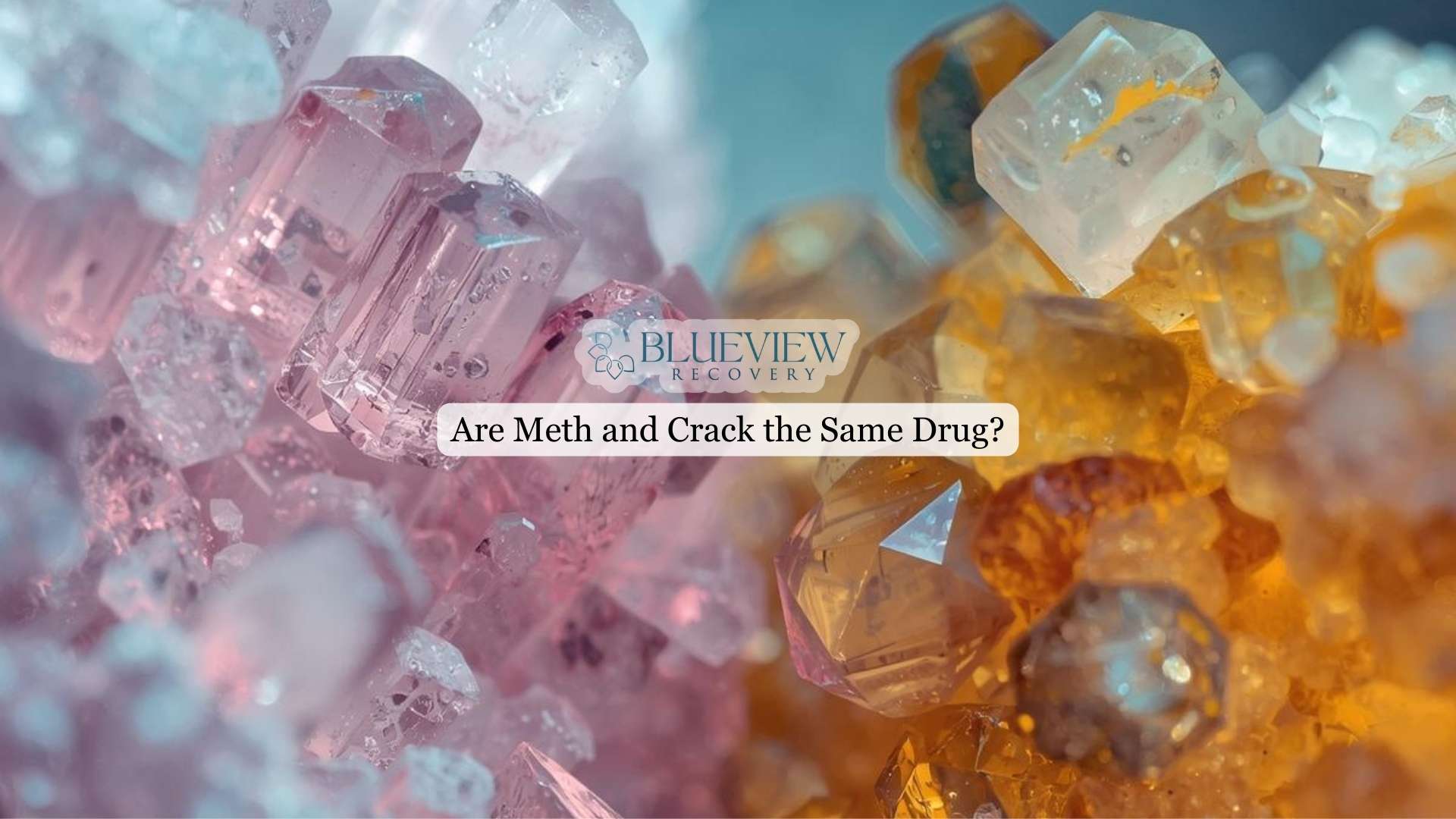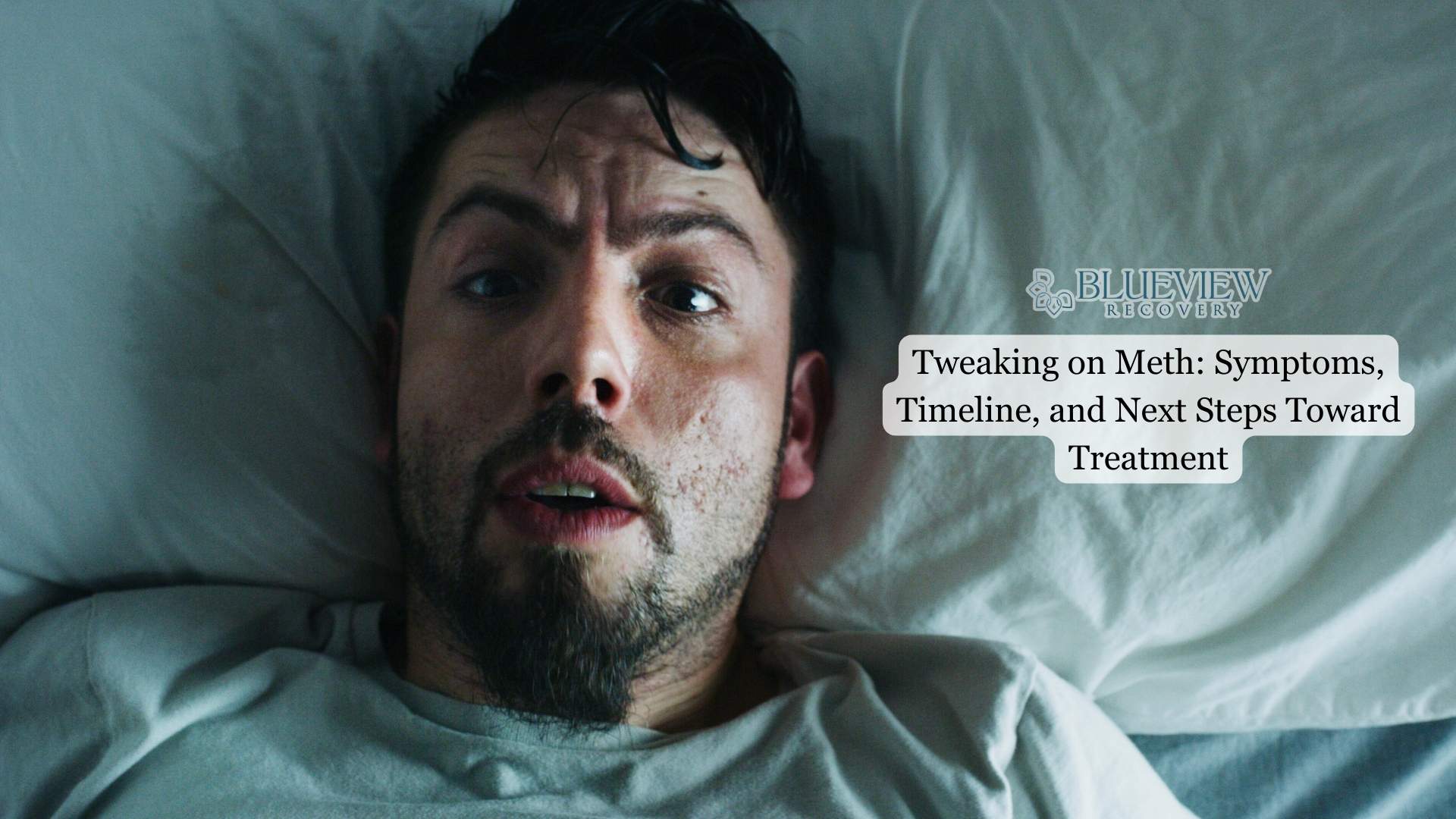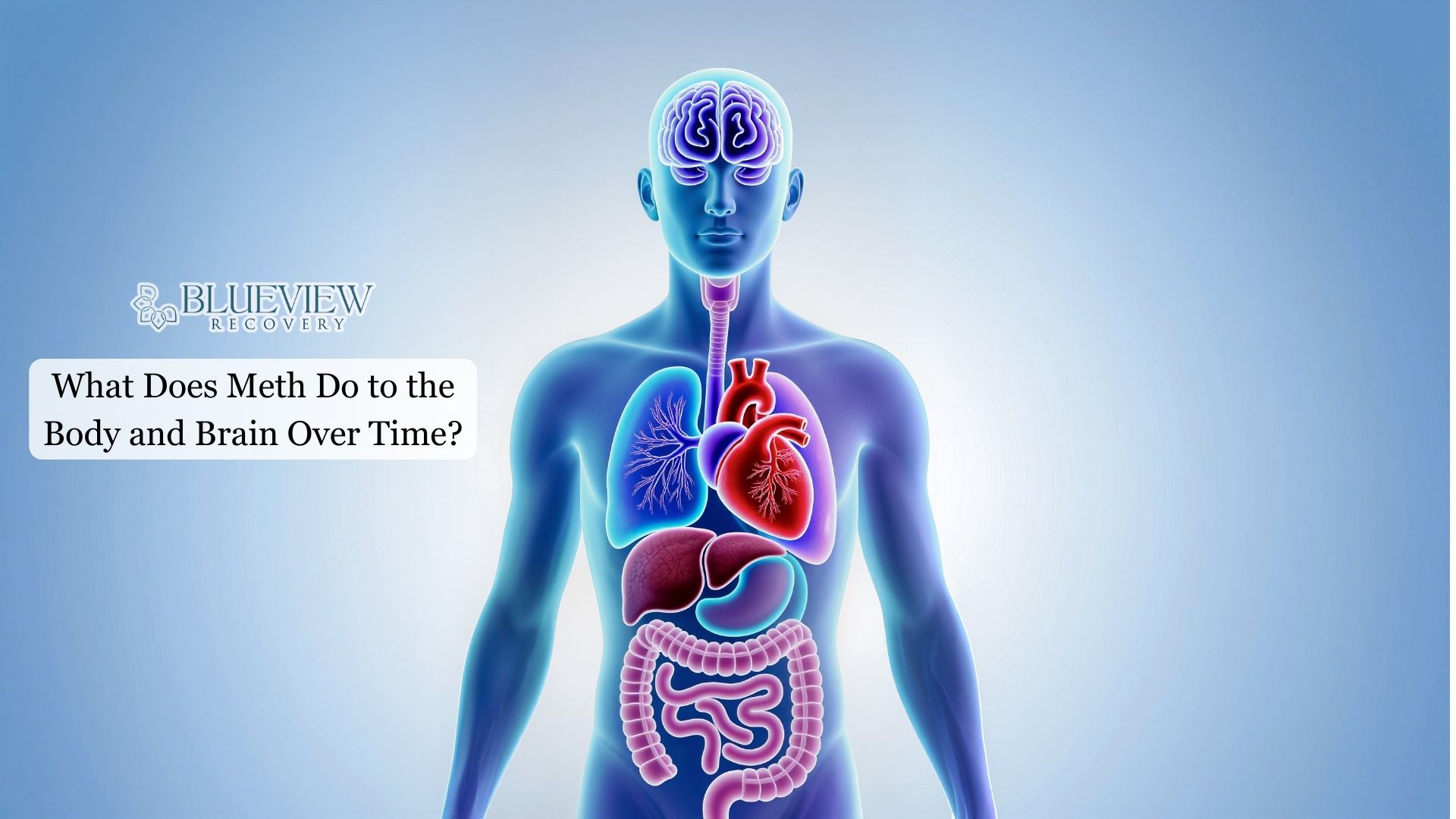Heavy alcohol consumption can lead to a range of withdrawal symptoms when attempting to quit, with alcohol shakes being one of the most prominent and distressing. While mild tremors may be simply unpleasant, severe shakes can disrupt daily activities and indicate a more profound physical dependence on alcohol.
This article delves into the underlying causes of alcohol shakes and offers practical, evidence-based strategies to help alleviate them, highlighting when it is crucial to seek professional assistance for a safe and successful recovery.

What are Alcohol Shakes?
Alcohol shakes, or tremors, are a common and distressing symptom of alcohol withdrawal. They typically start 5-10 hours after your last drink and peak between 24-78 hours post cessation.
These involuntary shaking episodes result from your central nervous system’s hyperactivity due to the absence of alcohol, which disrupts the balance between inhibitory and excitatory neurotransmitters.
The severity of withdrawal and duration of alcohol shakes vary based on factors like your level of alcohol dependency and overall health.
Symptoms accompanying the shakes can include increased heart rate, sweating, anxiety, and nausea, indicating your body’s struggle to regain equilibrium.
To safely manage withdrawal and stop the shakes, it’s crucial to seek professional support, as attempting to quit alone can be dangerous.
How to Assess Severity and When to Seek Medical Help
Alcohol shakes are a visible effect of alcohol withdrawal and can be an early sign of alcohol dependence, but their severity can vary widely depending on the amount and duration of alcohol use, as well as any previous withdrawal experiences. Mild symptoms may include tremors, insomnia, anxiety, and nausea, typically appearing within 6 to 12 hours after the last drink.
However, more severe alcohol withdrawal symptoms, such as confusion, hallucinations, seizures, and the onset of delirium tremens, signal a dangerous imbalance in the body and brain and require immediate medical attention. Delirium tremens, the most severe form of alcohol withdrawal, is characterized by agitation, disorientation, hallucinations, fever, and can be life-threatening if untreated.
The risk of seizure and severe withdrawal increases with a history of heavy drinking, prior withdrawal episodes, or underlying health conditions.
Tools like the Clinical Institute Withdrawal Assessment for Alcohol (CIWA-Ar) scale can help quantify the severity of alcohol withdrawal, with scores above 15 indicating a high risk for complications such as delirium tremens and seizures.
Medical Detox and Professional Treatment
Medical detox and professional treatment are essential for safely managing alcohol shakes, especially for individuals with alcohol addiction who may experience severe withdrawal symptoms.
Under medical supervision, alcohol detox provides a controlled environment where healthcare professionals can monitor vital signs, promptly address complications, and administer medications that help reduce alcohol tremors and other withdrawal effects.
Benzodiazepines, such as diazepam (Valium) and chlordiazepoxide (Librium), are commonly prescribed because of their sedative effect, which calms the nervous system and mimics the inhibitory action of alcohol in the brain, thereby reducing the risk of seizures and delirium tremens.
Other medications, like beta-blockers and thiamine supplements, may also be used to further reduce tremors and support overall recovery. Attempting to detox without professional help can be dangerous, as severe withdrawal symptoms can escalate rapidly and become life-threatening, particularly due to the kindling effect in alcohol withdrawal, where repeated withdrawal episodes can progressively worsen symptoms and increase health risks.
Home Care Strategies for Mild Withdrawal
For those experiencing alcohol withdrawal tremors after stopping excessive alcohol use, there are several home care strategies that can help manage withdrawal symptoms like shakes, anxiety, and insomnia—provided symptoms remain mild and medical professionals have deemed home detox appropriate.
The first step is to consult with a healthcare provider to assess your individual risk and receive guidance on a safe withdrawal plan. Once cleared, it’s crucial to remove all alcohol from your environment to reduce temptation and set up a calm, quiet space for recovery.
Staying hydrated by drinking plenty of water and electrolyte-rich fluids, along with eating a balanced diet rich in fruits, vegetables, and whole grains, supports your body as it adjusts to the absence of alcohol. Understanding why alcohol is classified as a depressant can help explain many withdrawal symptoms – when you stop drinking, your nervous system, which was previously suppressed by alcohol, becomes hyperactive as it attempts to rebalance itself.
Managing stress through relaxation techniques, such as meditation, gentle exercise, or deep breathing, can help ease withdrawal tremors and reduce cravings. Keeping yourself occupied with activities like reading, watching movies, or taking short walks can also distract from discomfort and cravings.
It’s important to monitor your symptoms closely and seek immediate medical help if you experience severe withdrawal symptoms, such as confusion, seizures, or hallucinations, as these require urgent professional care.

Support Systems and Ongoing Recovery
Providing a strong support system should be a priority for anyone whose loved one is struggling with alcohol or for individuals themselves working to stop drinking and manage alcohol shakes. Support can come from family, friends, or structured groups like Alcoholics Anonymous, all of which provide encouragement, accountability, and a sense of community during the recovery journey.
For those dealing with ongoing alcohol abuse or persistent withdrawal symptoms, professional resources such as counseling, therapy, and long-term alcohol rehab programs offer specialized guidance and coping strategies tailored to each person’s needs.
These resources not only help individuals address the physical aspects of withdrawal but also tackle the emotional and psychological challenges that can arise when trying to stop drinking.
Final Thoughts from Blueview Recovery
Overcoming alcohol shakes is a crucial step for anyone facing alcohol use disorder, but lasting change requires more than simply managing withdrawal symptoms. At Blueview Recovery in King of Prussia, Pennsylvania, individuals receive comprehensive, evidence-based treatment for alcohol withdrawal shakes that addresses both the physical and emotional challenges of recovery. Through personalized care, medical supervision, and a full spectrum of outpatient programs, Blueview’s expert team ensures that clients are supported at every stage—from detoxification to long-term recovery.





